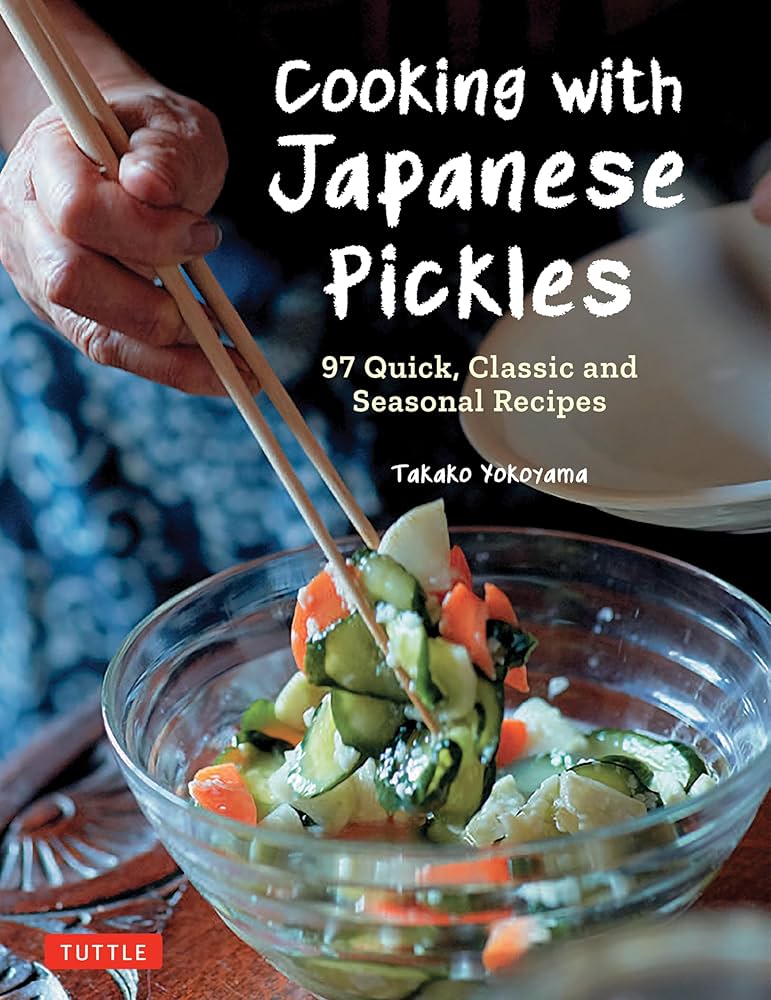Reviving Vintage Skills: The Resurgence of Canning and Fermentation in Modern Life
In recent years, there has been a notable revival of vintage homemaking skills, particularly canning and fermentation, which has coincided beautifully with a broader movement toward sustainability and self-sufficiency. Local initiatives, like the free canning and food preservation workshops held at the Golden Lake Community Hall in North Algona Wilberforce Township, exemplify this trend, inviting community members to reconnect with the past while addressing contemporary needs for food security.
Embracing traditional skills to nourish the community.
Traditional Methods Resurfacing in Community Events
Supported by the Canadian Government’s New Horizons for Seniors Program, these workshops teach participants not just the basics of canning and pickling but also the art of fermenting, using fresh produce harvested from the local community garden. The garden is a labor of love, maintained by devoted volunteers, and serves as a hub for fostering relationships, sharing knowledge, and improving local food security. As Councillor Melvin Berndt noted, the flourishing garden is a vibrant testament to the community’s commitment: “It’s amazing to see everything growing there in the park.”
The beauty of these workshops lies in their acceptance of all skill levels. Whether a complete novice or a seasoned canner, participants can learn new techniques while enjoying the camaraderie that comes from crafting together. The program further includes social dancing sessions, creating a lively and inclusive atmosphere that encourages participation from all age groups.
The Importance of Hands-On Hobbies in the Modern World
Hands-on hobbies like gardening, baking, and canning are not just nostalgic pursuits; they are increasingly recognized as pathways to sustainability and fulfillment. Amidst urban life and digital distractions, these vintage skills invite people to engage more deeply with their environment. In today’s world, where convenience often trumps quality, taking the time to preserve seasonal produce can be both satisfying and essential for combating food waste.
The COVID-19 pandemic accelerated interest in self-sufficient practices. Many people turned to gardening and food preservation as a therapeutic outlet during lockdowns. Activities such as making sourdough bread or learning to ferment vegetables became more than mere hobbies—they transformed into skills that empower individuals to take control of their food sources and promote healthier eating habits.
Social Media: A Catalyst for the Vintage Skills Movement
The resurgence of canning and fermentation has been significantly fueled by social media. Platforms like Instagram and TikTok are teeming with content from influencers who share their canning experiences, techniques, and scrumptious results. This growing online community makes these vintage skills accessible, allowing a wider audience to embrace the joy of preserving food.
Influencers often highlight the satisfaction gained from hands-on activities:
“There’s something about growing your own food that really resonates right now, especially for people living in cities,” shares Shruthi Baskaran-Makanju, founder of Urban Farmie. “As someone who’s been a prolific urban gardener for over 10 years, I’ve seen how it helps people slow down, reconnect with nature, and take control of what’s on their plate—even if they only have a small balcony.”
The visual appeal of these hobbies, showcased in beautifully arranged jars of preserves or vibrant garden blossoms, garners attention and inspires many to start their journey toward self-sufficiency.
Community gardening fosters connections and self-sufficiency.
Building a Sustainable Future Through Community Engagement
Among the many benefits of participating in community workshops is the diversion from the fast-paced modern lifestyle. Engaging in hands-on practices encourages individuals to slow down and savor the process of creating something from scratch. Such experiences foster connections—not only to food and nature but to each other within the community as people gather to learn and share.
In addition, creating items like canned tomatoes or homemade pickles contributes to the local food bank, emphasizing the spirit of giving back. As participants learn to preserve and utilize seasonal bounty, they also help alleviate food scarcity in their surroundings, making these workshops an integral part of community resilience.
Tips for Getting Started with Canning and Food Preservation
If you’re interested in delving into the world of canning and fermentation, starting small is key. Consider engaging with local resources where workshops abound, much like those in North Algona Wilberforce, or checking out classes at your local library that offer books on these time-honored techniques. Simple projects like refrigerator pickles or small batches of jam are excellent entry points that don’t require significant investment or extensive supplies.
For those with smaller living spaces, container gardening can be a viable option for growing ingredients that contribute to your preservation endeavors. Herbs and leafy greens are highly recommended for their ease of cultivation and versatility.
The art of preserving seasonal flavors.
Embracing a Simpler Life Through Traditional Skills
The growing interest in self-sufficiency through vintage hobbies like canning, fermenting, and gardening speaks to a broader cultural shift towards valuing sustainable practices and simpler lifestyles. As society continues to grapple with pressing environmental concerns and the fast pace of life, the appeal of reconnecting to a more tangible and deliberate way of living becomes ever more attractive.
This revival not only allows individuals to cultivate their skills but also nurtures a sense of belonging and purpose in their communities. Everyone can participate in this movement, whether it’s through attending workshops, sharing knowledge, or simply enjoying the fruits of their labors. The act of creating something from scratch reminds us of the importance of tradition while paving the way for a more sustainable future.
As the hands-on hobby movement grows, it might provide a much-needed antidote to the fast pace of modern living. With its roots steeped in history, the rise of skills like canning and fermentation can lead a new generation toward self-reliance and community strength, ensuring that these timeless tactics do not fade into obscurity but thrive and evolve instead.














